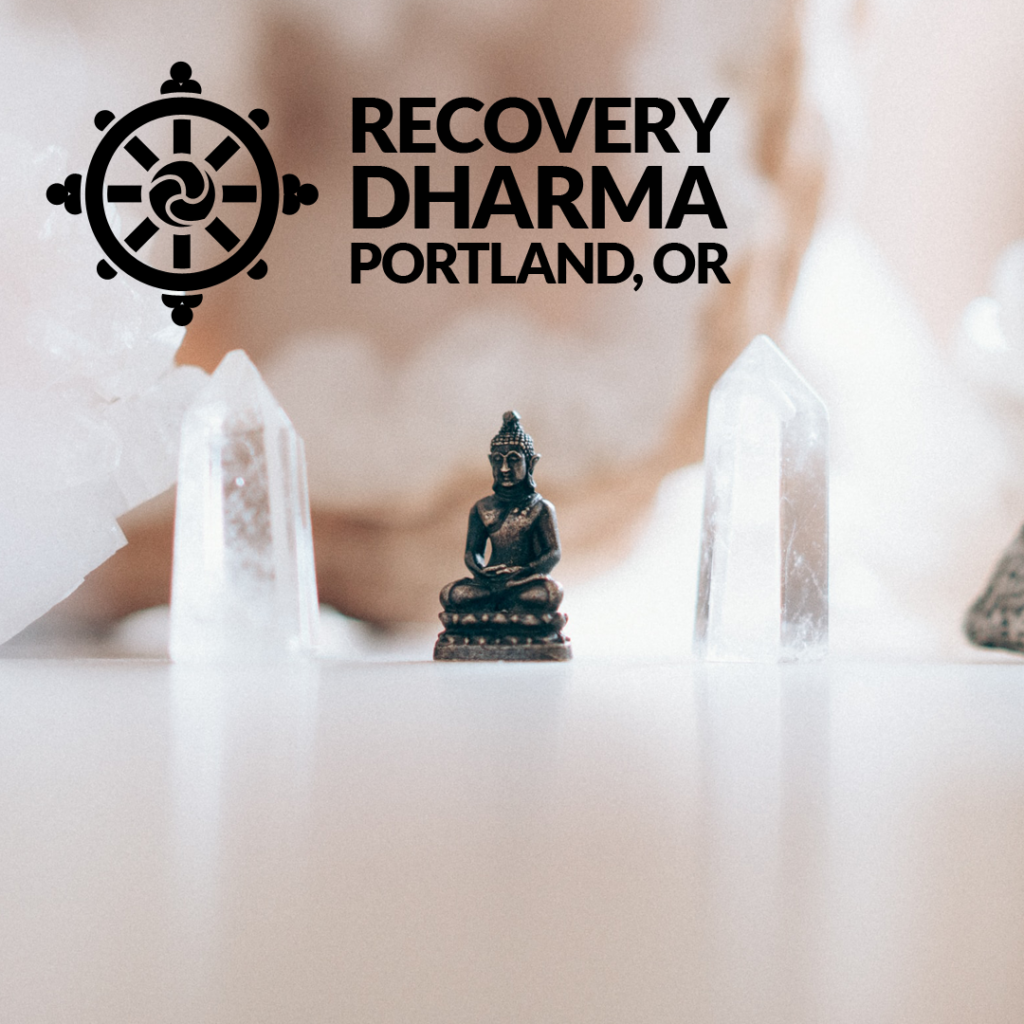
Saturday, June 15, 2024 from 10:30 am
Wise friends help us all in recovery. Help us plan the next Wise Friends events and programs. All are welcome!
This month, we are continuing to work on developing a workshop focused on empowering members to become mentors.
Last month, we discussed the following topics:
- The document Mentorship Guidelines can seem intimidating and should only be used as a resource of possible ways of doing things as opposed to requirements for becoming a mentor.
- Instead of asking people to raise their hands in meetings if they are willing to be mentors, we should add messages that say something like, ” “For those seeking a mentor or wise friends for connection and guidance, we recommend reaching out to the person who you think can help your recovery. Keep this in mind in any meeting.” This came from our Awakening Minds Meeting. Another way of saying this that I heard in 12 step is, “If you see someone that has something you want reach out to them.” In Zoom meetings help people to reach out to people in the chat, either to the whole group or privately to individuals. One person said that he never held up his hand in group, but if someone saw something in him enough to reach out that he would be more willing to respond. So, as one person put it, “We just need to get back to the the simple basics of helping people get more comfortable reaching out to each other.”
- Inquiry and Investigation is key to mentorship. And doing an inquiry writing meeting on meeting per month in your regular meeting is a good way to help people see the value of inquiry and doing it with others. Questions should focus more on what is happening for you now as opposed to all the shit I did in the past. Yes, some of the things you did in the past may be causing you suffering now and needs investigated, but ruminating on all my bad qualities may only bring more shame and trauma.
- That mentorship is best done from a side by side approach as opposed to a top – down directive approach. This focuses on what what works for you and for the other person, which usually is not the same. The focus of the relationship needs to be on where each of you are now.
- Being in Recovery Dharma as a peer led group we are always moving into new stuff – trying to figure out how to do all this in a different way. So, sometimes we might feel like we are working in a vacuum – but it is a vacuum of OPPORTUNITY.
This is a document created by PDX people while we were still Refuge Recovery and then revised by a Committee in the first couple of years of Recovery Dharma. We still may have to revise it and make it more simple.
In a recent summit planning committee meeting it was felt by Global that we need to revisit this issue at the upcoming Summit in Portland.
Hope to see you all there!
